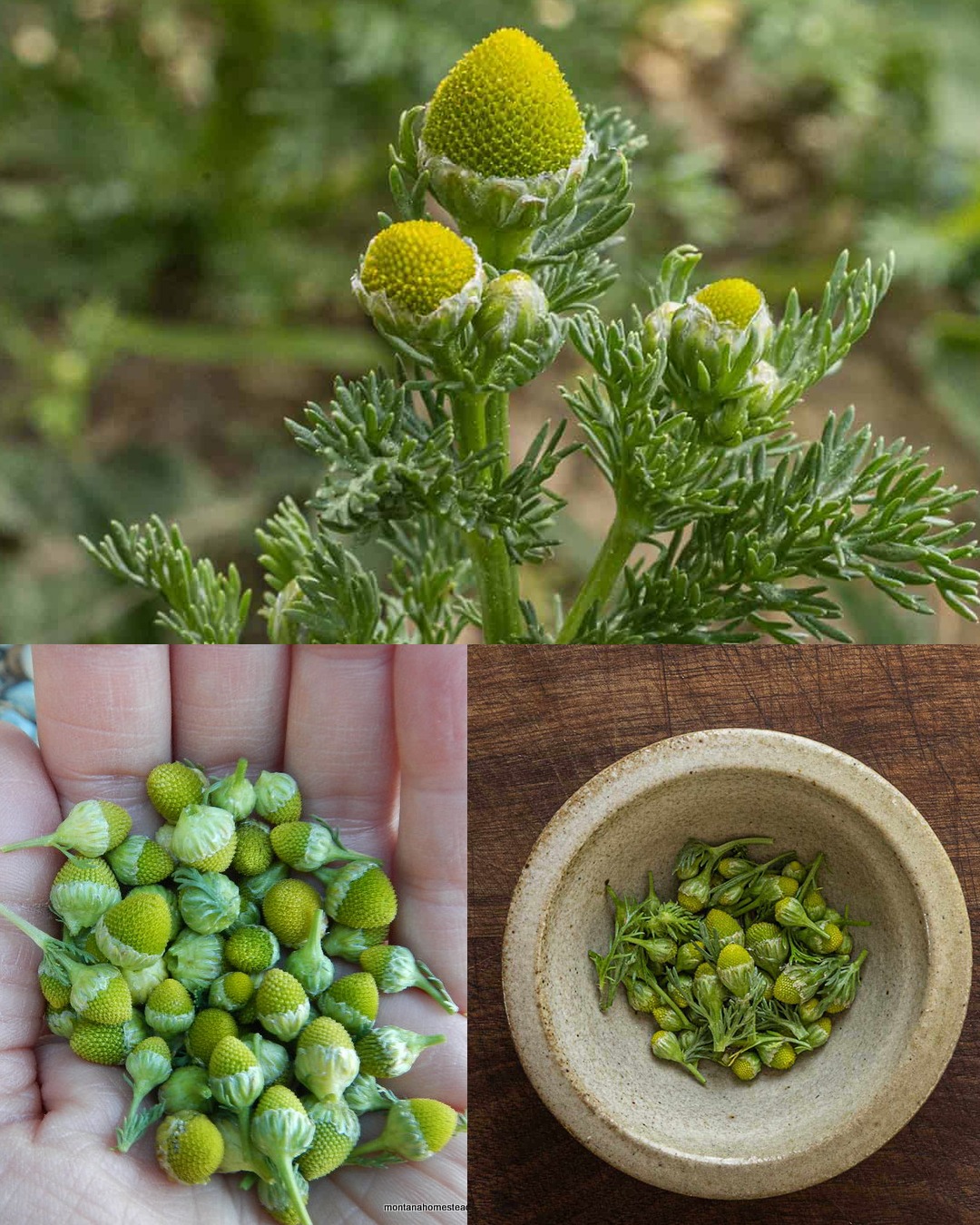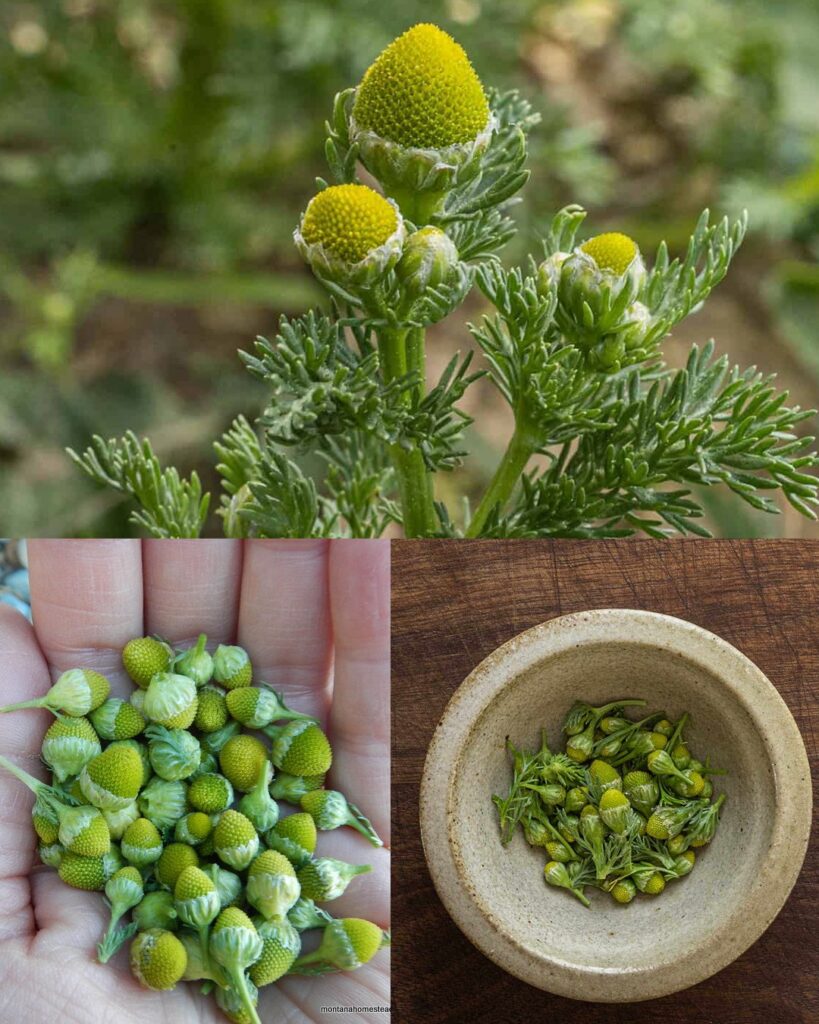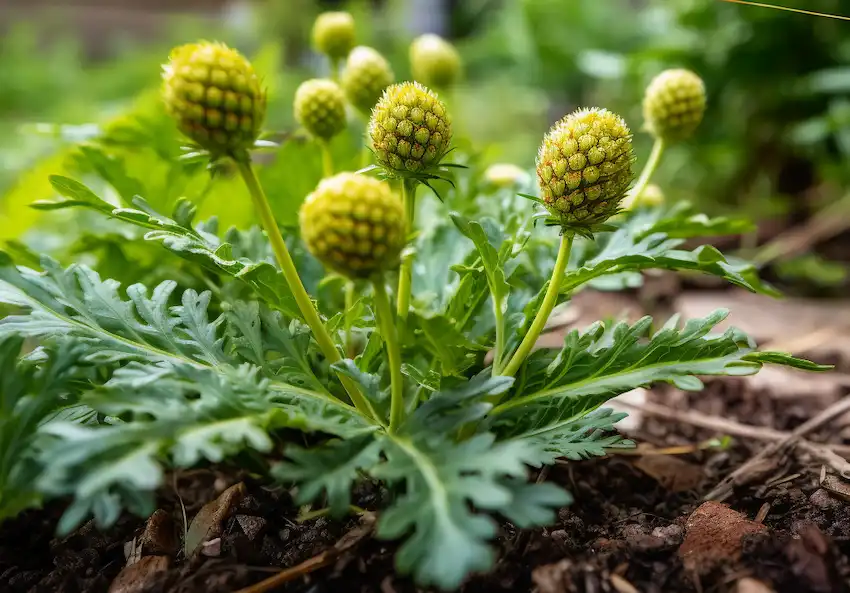

Hierba de piña, conocida científicamente como Matricaria discoidea, es una planta que, a pesar de su clasificación como maleza, ofrece numerosos beneficios medicinales y para la salud. Este artículo proporciona una perspectiva original sobre los beneficios para la salud y los usos de la hierba de piña, sintetizada a partir de múltiples fuentes.

Salud y Beneficios Medicinales de la Hierba de Piña
- Propiedades Sedantes: La hierba de piña es famosa por su efecto sedante, beneficioso para las personas con insomnio y otros trastornos del sueño. Una taza de té de hierba de piña antes de acostarse puede mejorar la calidad del sueño.
- Pain Relief: Both topical application and internal consumption of Pineapple weed offer pain relief. Its active compounds have analgesic properties that can alleviate chronic or acute pain.
- Skin Health: Pineapple weed has antimicrobial, antibacterial, and antioxidant properties beneficial for skin health. It can be applied to skin conditions like psoriasis, eczema, insect bites, and wrinkles.
- Stress and Anxiety Reduction: Aromatic compounds in Pineapple weed help lower stress and anxiety. Consuming the herb in tea form or as dried flower heads can balance mood and prevent depressive episodes.
- Digestive Aid: Pineapple weed relieves digestive issues like bloating, gas, cramps, and indigestion, thanks to its antispasmodic properties.
- Immune System Support: Pineapple weed’s antioxidants help boost the immune system and protect the body from free radical damage.
- Breast Milk Production: Acting as a galactagogue, Pineapple weed stimulates breast milk production. It is not recommended for pregnant women but is safe for breastfeeding mothers.
- Wound Healing: Applying Pineapple weed tea or oil to wounds can accelerate healing and protect against infection.
- Fever Reduction: Traditionally used to treat fevers, Pineapple weed stimulates the immune system and induces sweating, aiding in toxin release and recovery.
- Parasitic Infection Elimination: With anthelmintic properties, Pineapple weed is effective against parasitic infections and intestinal worms.
Uses of Pineapple Weed

- Tea: Pineapple weed is commonly consumed as a herbal tea, made from dried or fresh plant material.
- Topical Applications: Infused oils or salves from Pineapple weed can soothe skin irritations, insect bites, or rashes.
- Aromatherapy: Essential oils from Pineapple weed are used in diffusers for relaxation and stress reduction.
- Culinary Uses: The leaves and flower heads can be added to salads, infused for drinks, or used to flavor desserts.
Precautions and Side Effects
- Allergic Reactions: Some individuals may experience allergic reactions, especially those with allergies to Asteraceae family plants.
- Gastrointestinal Discomfort: Excessive consumption might lead to gastrointestinal issues.
- Photosensitivity: Topical application may increase sensitivity to sunlight.
- Drug Interactions: There may be interactions with certain medications.
- Pregnancy and Breastfeeding: Usage is advised with caution for pregnant and breastfeeding women.
- Skin Irritation: Skin irritation is possible, particularly in sensitive individuals. A patch test is recommended.
Ecological and Foraging Aspects
Originally from Asia, Pineapple weed was introduced to the UK in the 18th century. It grows well in disturbed areas and is an ecological asset, attracting pollinators. Sustainable foraging practices are important to ensure the plant’s ability to replenish.

En resumen, la hierba de piña es una planta multifacética con una variedad de beneficios para la salud, desde el tratamiento del insomnio y las afecciones de la piel hasta ayudar a la digestión y estimular el sistema inmunológico. Sin embargo, la conciencia de los posibles efectos secundarios y el forrajeo responsable es crucial.
